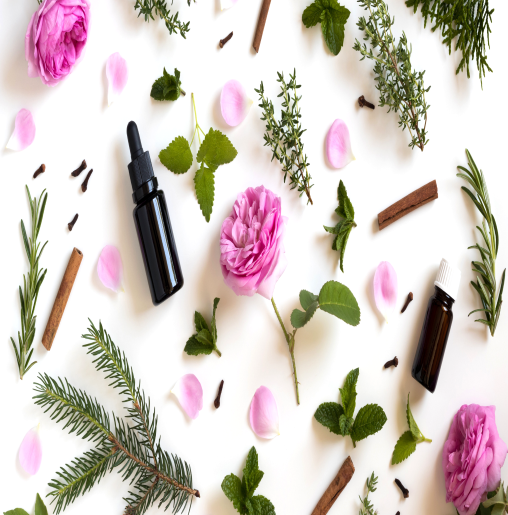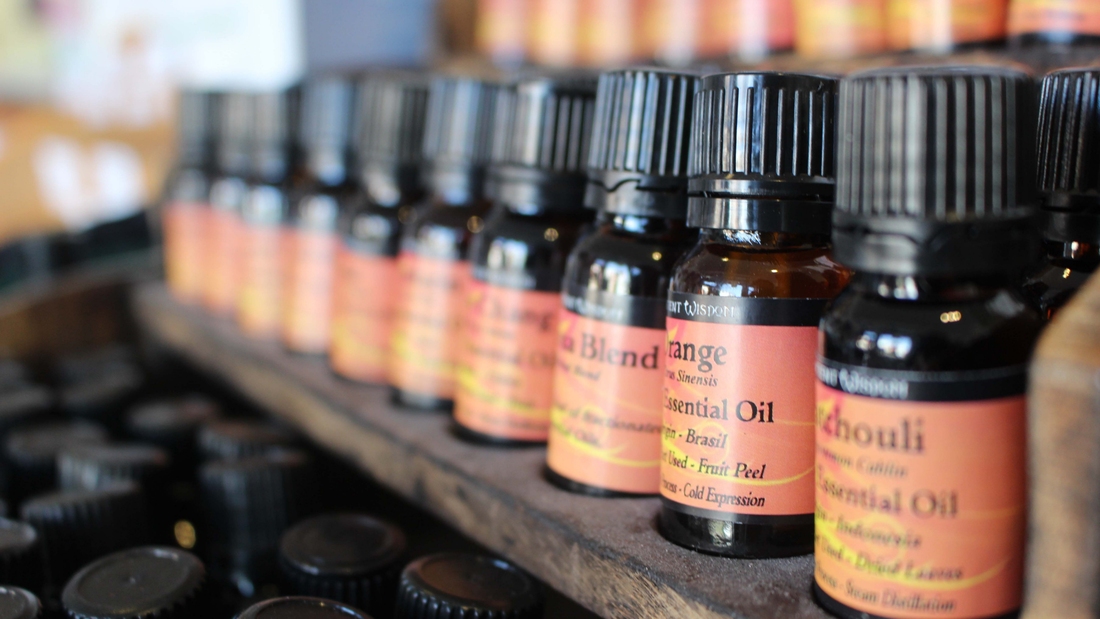The Soothing Benefits of Essential Oils in Skincare ProductsEverything that we think and perceive in our environment is through our senses. It allows us to differentiate what is good for us, and what is hazardous to our health. One of the most sensitive senses through which we can perceive many sensations is the sense of smell. Smells have an enigmatic influence over us. We may be compelled to react in many ways based off a specific scent. The scent of a food may trigger our stomachs to growl. An odor such as smoke or a certain chemical can alert us of danger. A specific scent can transport us to a different time in our lives and affect our mood. This can be both gratifying and debilitating. In the universe of aromas, we can find a wide variety of essences of natural origin that have many benefits for the human body. These essences are popularly known as essential oils. In this article, we are going to introduce you to the properties and benefits of the most well-known essential oils used in natural skin care products. In this way, you will be able to select the essential oil that suits your needs and interests. WHAT ARE ESSENTIAL OILS? Essential oils are compounds extracted from plants, seeds, tree barks, roots, and flowers. They are able to penetrate the epidermis, or skin, to the dermis, the thick layer of tissue under the skin. Essential oils have a low molecular weight, and this component makes them compatible with cell membranes. They all have a unique aroma and are made for a variety of purposes. Essential oils are usually found in a liquid state in the form of perfumes and oils. Although essential oils are most used as a fragrance, they are also used for their antibiotic, antiseptic, anti-inflammatory, and pain-killing properties. Essential oils are administered in 3 ways:
THE BEST-KNOWN ESSENTIAL OILS Here is a list of the most used and accessible essential oils:
PROPERTIES AND BENEFITS OF ESSENTIAL OILS
Essential oils have many benefits and associated properties. Below is a list of the most commonly known essential oils and its properties and benefits:
|
AuthorKali Howard has over 10 years of natural soapmaking experience. She is a married mother of 3 beautiful children. Archives
March 2024
Categories |




 RSS Feed
RSS Feed
